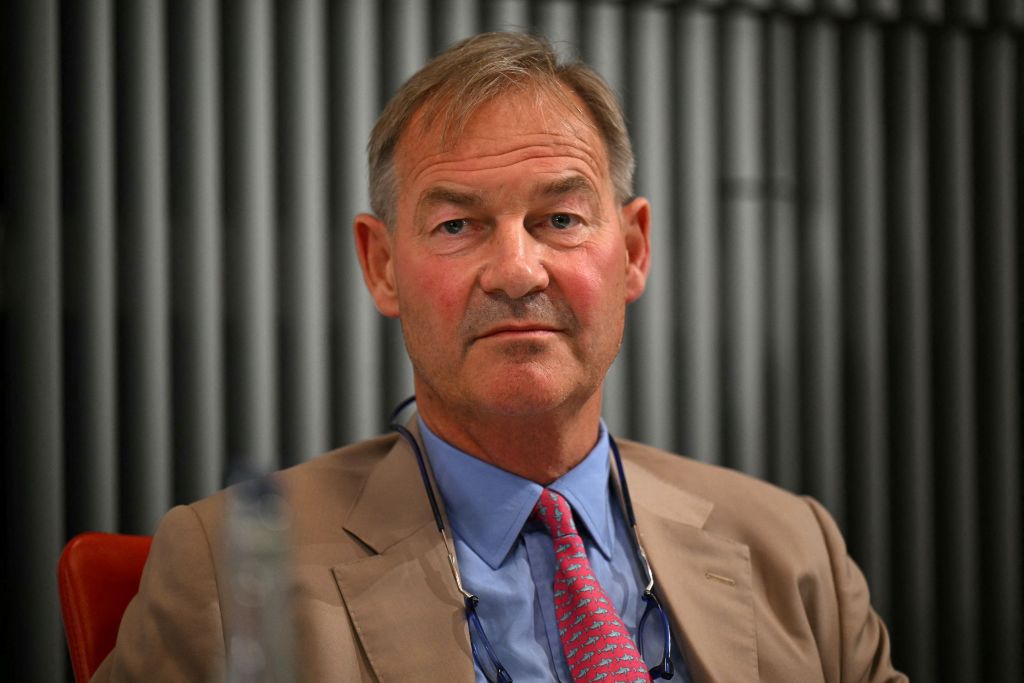Are there any MPs who better embody the spirit of the Trumpist “you can just do things” model than Rupert Lowe?
The now-partyless MP for Great Yarmouth, who has been spent much of his Parliamentary career subjecting pro-migration arguments to death by a thousand FOI requests, yesterday announced that he is launching his own inquiry into Britain’s rape gang scandal.
Lowe — who was suspended by Reform UK earlier this month following allegations of threats made against members of staff — has announced his inquiry will focus on what happened, how it happened, and why it was allowed to happen. He’s launched a crowdfunding campaign to finance the initiative — as well as promising to himself donate — and has pledged to assemble a qualified panel to oversee the investigation, supported by a legal advisory team.
While Lowe’s tenacity must be admired, the cold hard fact is that his proposal is unlikely to deliver the kind of restorative justice which drove calls for the inquiry in the first place. A private inquiry has no legal power to compel witnesses to appear or provide evidence. Unlike a statutory inquiry, which can summon witnesses and require the production of documents, a private inquiry relies on voluntary cooperation.
Likewise, as it operates independently of the courts and Government enforcement mechanisms, a private inquiry has no legal authority to impose punishments, fines, or any form of legal sanction. Its findings may carry moral or political weight, but any legal consequences — such as prosecutions or regulatory action — would need to be pursued separately by the authorities based on the evidence uncovered. Whistleblower Maggie Oliver has previously criticised attempts to set up inquiries, arguing that without sufficient power and radical aims they will not bring the change needed.
There is another risk. This announcement comes on the back of Lowe’s allegations that there were “repeated attempts from within Reform, including senior leadership, to silence me on the Pakistani rape gangs”, apparently on the grounds that his language on the gangs was “too strong, too robust, too tough” and after promises made by the party in January to conduct a private inquiry remain unfulfilled. Could Lowe’s attempts to uncover the truth be obscured by the petty squabbling of intra-party politics?
Given Westminster’s preference for low Namerist rigmarole over issues of substance, it is a risk. One can look to the Covid inquiry, which was most celebrated when it abandoned the pretence of seriousness and focused on which politician called another politician a rude name, as a sad precedent.
Regardless, Lowe should be applauded for his willingness to try. He is doing his utmost in an imperfect system; the tools at his hands may be insufficient, but they have been turned to work regardless. Perhaps the best that can be hoped for from this inquiry is that it generates such noise, and lays bare such horrendous truths, that the issue becomes impossible to ignore and forces action.
If that can be done – and there is no reason to suggest, considering the cause of the victims has been largely advanced by media coverage and public outrage rather than political attention, that it won’t — that would achieve more than Reform’s other MPs have managed combined. Indeed, he will have achieved more than many MPs achieve in their entire careers. If he fails, it cannot be said it was for want of trying.











Join the discussion
Join like minded readers that support our journalism by becoming a paid subscriber
To join the discussion in the comments, become a paid subscriber.
Join like minded readers that support our journalism, read unlimited articles and enjoy other subscriber-only benefits.
Subscribe